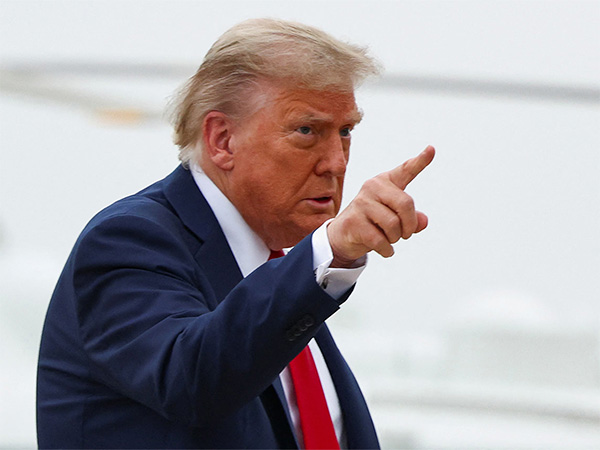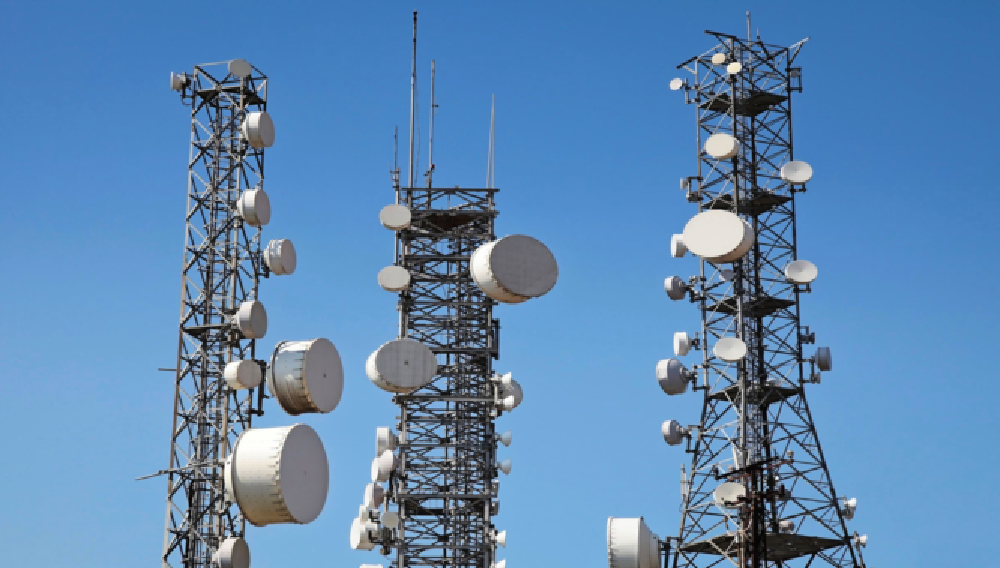U.S. President Donald Trump is considering direct military action against Iran as tensions escalate following Israel’s recent airstrikes on Iranian targets. Speaking from the White House, Trump stated, “I may do it, I may not do it. I mean, nobody knows what I’m going to do,” when asked about potential U.S. involvement. He emphasized that Iran is facing significant challenges and has indicated a desire to negotiate. However, Trump expressed frustration with Iran’s previous rejections of diplomatic efforts, stating, “It’s very late to be talking.” He reiterated his demand for Iran’s “unconditional surrender,” warning of severe consequences if Tehran does not comply.
Iran has denied offering to send officials to Washington for talks, with the Iranian mission to the UN stating, “No Iranian official has ever asked to grovel at the gates of the White House.” Supreme Leader Ayatollah Ali Khamenei has vowed to defend Iran against foreign aggression, warning of “irreparable damage” if military provocations continue. He declared that Iran’s armed forces are prepared to respond with full force to any attempt at foreign military intervention.
The U.S. military is on alert, with Defense Secretary Pete Hegseth stating that the Department of Defense is prepared to execute any decisions made by the president regarding military action. Meanwhile, Iran’s Islamic Revolutionary Guard Corps (IRGC) has launched retaliatory strikes on Israeli targets, utilizing newly developed hypersonic missiles. The conflict has resulted in significant casualties on both sides, with over 585 people killed in Iran and at least 24 in Israel since the attacks began.
READ MORE:
Govt Withdraws Proposed Sales Tax Hike on Hybrid Cars Up to 1800cc
International concerns are mounting over the potential for the conflict to escalate further. Russian President Vladimir Putin offered to mediate in the Israel-Iran conflict, but President Trump rebuffed the offer, stating, “Let’s mediate Russia first, okay? You can worry about this later.” Analysts warn that U.S. involvement could significantly destabilize the region and lead to broader international repercussions.
As the situation develops, the international community is closely monitoring the potential for diplomatic negotiations to de-escalate the conflict and prevent further loss of life.




